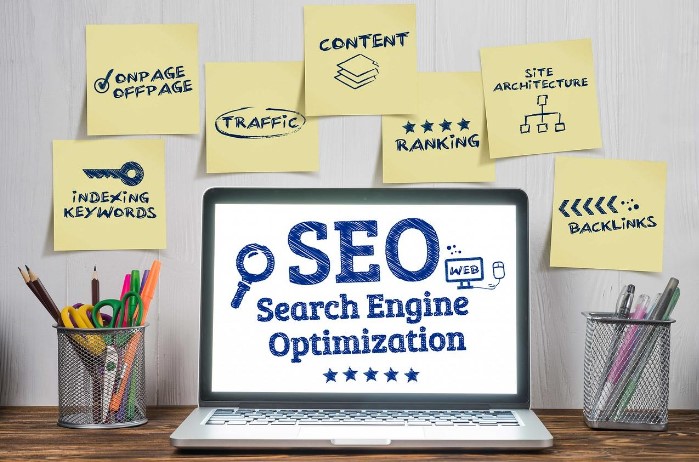Know the difference between a company and a brand? You’re not alone if you believe they are the same. That uncertainty may be why many firms ignore branding and lose out on their primary differentiation to flourish.
Understanding how these aspects affect your small company brand can inform your business plans and marketing activities, influencing client perception and purchase.
Business success requires a few things:
- Providing appropriate product/service offerings to your audience.
- Creating a distinct persona from competitors.
- Utilising content to provide value to audiences.
- Developing meaningful customer connections.
Your business is your services, while your brand is the image you project. Growing either isn’t easy. Let’s discuss how to balance both, and be sure to contact professional companies like https://kingkong.co/uk/seo-agency/ for a head start.
Branding Impacts the Business
Unfortunately, corporations don’t control their brands. Consumer perception of your organisation determines its brand. But this doesn’t mean you can’t influence your branding.
Brand Name vs. Business Name
Consider Procter and Gamble. What comes to mind? Some may recognize the name but struggle to identify a product from the corporation. In contrast, others may equate it with multiple soap operas (or something else if they believe every tale in their email).
Though profitable, Procter & Gamble has struggled as a brand despite selling Charmin, Pampers, and Duracell.
These brand names are instantly recognizable and evoke an emotional reaction in customers. Charmin is kind, Pampers provides restful nights and fun days, and Duracell never stops.
How can you expand your brand and business as a tiny company without billions of advertising money?
Expanding Your Enterprise and Identity
Expanding your company usually entails broadening your reach and providing your clientele with more products or services. Ultimately, this is all about increasing revenue. We understand that expanding your firm is probably your year’s main objective. But remember, expanding your brand will probably result in more revenue.
What Does a Company’s Brand Entail?
As we previously said, customers write the story of your company’s brand; you do not. Developing a brand usually entails giving your company a soul and fulfilling a purpose beyond your offerings. What is the community in which your firm operates saying, then? What else is mentioned besides your services when someone brings up your business?
Perhaps your barber brand is all about getting the best cuts done fast. Getting involved in the community is a good idea if you want to lead the story and humanise your business. For example, be the barber who gives the homeless free haircuts one weekend a month or during the back-to-school week.
Determine the priorities for your company.
Summary
Any company that wants to be successful in the long run knows the difference between business and brand. While your business may offer certain products and services, a brand refers to consumer perception of the business. It means consumers’ experiences, emotions, and stories derived from the company. Ultimately, the secret of any successful business is understanding that while your services keep the lights on, your brand builds lasting connections and drives long-term growth. Learn to harness the power of branding to create a business with a heart and a voice, something consumers will connect with deep down and respect over time.

